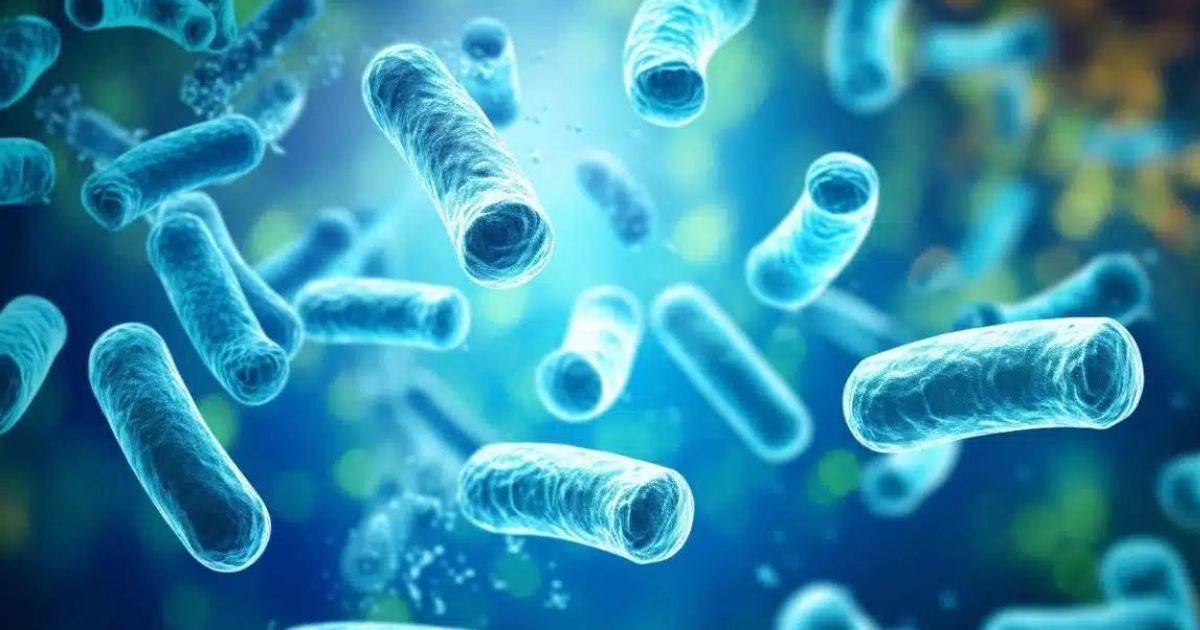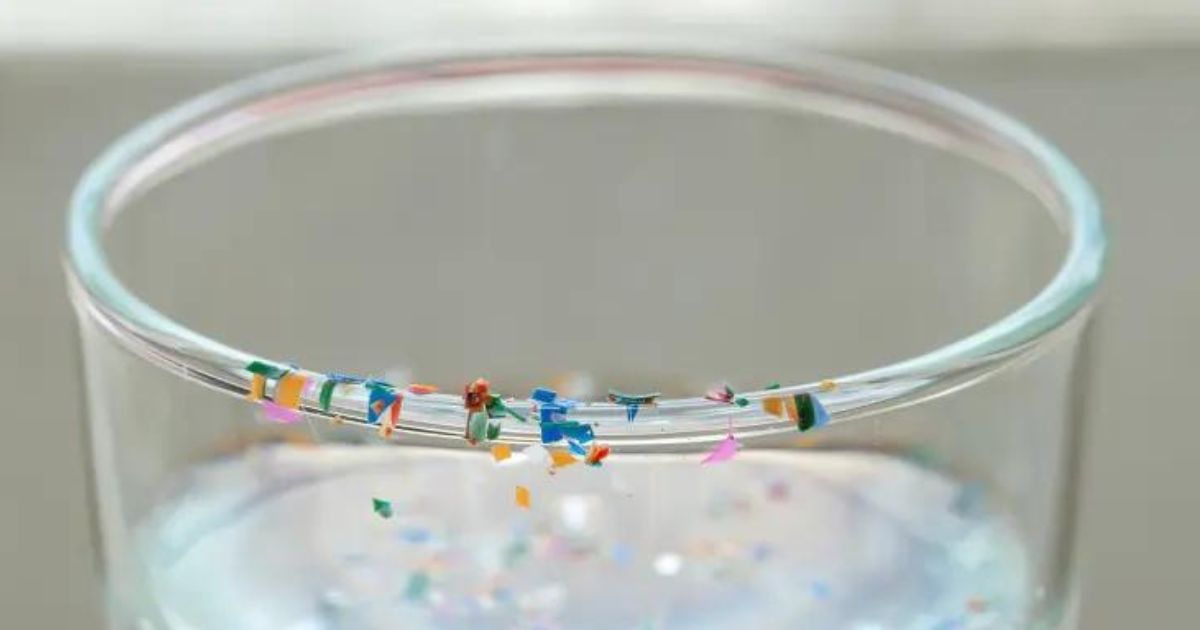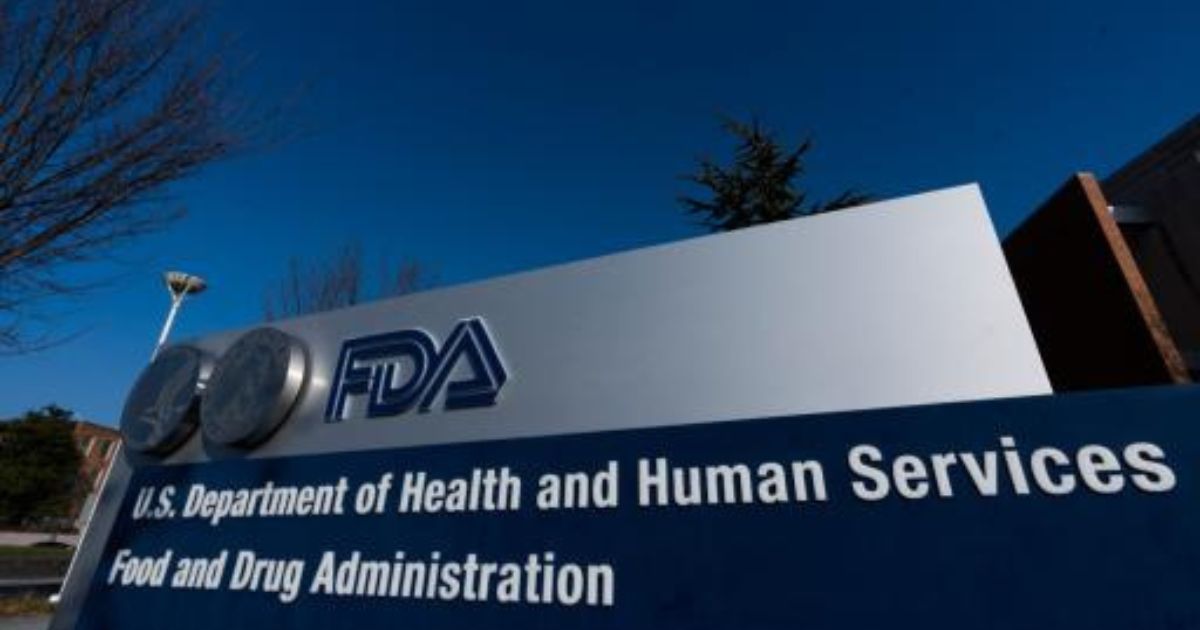In a groundbreaking study, researchers at the University of Virginia School of Medicine have uncovered the profound role of Lactobacillus, a bacterium commonly found in fermented foods and yogurt, in managing stress and potentially preventing anxiety and depression.
This research distinguishes Lactobacillus from the broader spectrum of microbiota, offering new insights that could pave the way for innovative therapies targeting mental health conditions.
Key Discoveries:
Unique Role of Lactobacillus:
- The study isolates Lactobacillus, showcasing its specific impact on stress management.
- Lactobacillus is found to regulate interferon gamma levels, a crucial immune mediator linked to stress response and mental well-being.
- Potential for Mental Health Treatments:
- The research presents a promising avenue for developing probiotic treatments to address anxiety and depression.
- Understanding the specific role of Lactobacillus opens doors to targeted therapies for mental health conditions.
- Microbiota’s Significance:
- The microbiota, comprising various microorganisms in and on the body, plays a critical role in immune system health and mental well-being.
- Disruptions in the microbiota are associated with numerous diseases, emphasizing the importance of understanding its intricacies.
Insights from Professor Sharon Gaultier:
Professor Sharon Gaultier, leading the research, highlights the significance of this discovery in understanding how Lactobacillus influences mood disorders. The findings emphasize the potential for developing therapeutics to address anxiety and depression by targeting specific microbes within the microbiota.
Unraveling the Microbiota and Depression:
The human gut hosts a vast array of microorganisms, including bacteria, fungi, and viruses, collectively known as the microbiota. Scientists have increasingly recognized the crucial role of these microorganisms in immune system health, mental well-being, and overall health. Disruptions in the microbiota are linked to various diseases, making it a focal point for potential therapeutic interventions.
Challenges in Microbiome Research:
Efforts to manipulate the gut flora through probiotics have yielded mixed results due to the complexity of the microbiome. With an estimated 39 trillion microorganisms inside each person, understanding the specific roles of bacteria and fungi remains a daunting challenge. However, the groundbreaking approach by Gaultier and his team to focus on Lactobacillus provides a more targeted perspective.
The Innovative Approach:
Gaultier’s team utilized a unique collection of bacteria known as Altered Schaedler Flora, which includes two strains of Lactobacillus and six other bacterial strains. By creating mice with and without Lactobacillus using this bacterial community, the researchers bypassed the need for antibiotics.
Revelations from the Altered Schaedler Flora:
The results were highly promising, with the Altered Schaedler Flora shedding light on how Lactobacilli influence behavior. The study uncovered that Lactobacilli in the Lactobaccillacea family maintain interferon gamma levels, a key immune mediator. This regulation is crucial in shaping the body’s response to stress, offering a potential mechanism through which Lactobacillus may alleviate depression and anxiety.
This research not only marks a significant leap in understanding the interplay between microbiota and mental health but also provides a roadmap for targeted interventions. The potential for developing probiotic treatments tailored to specific microbes offers new hope for addressing mental health conditions more precisely.
In conclusion, the study underscores the importance of Lactobacillus in the intricate web of microbiota and its potential to act as a safeguard against anxiety and depression. As researchers delve deeper into the microbiome, the revelations from this study may pave the way for transformative treatments that harness the power of beneficial bacteria to enhance mental well-being.








Leave a Reply
You must be logged in to post a comment.